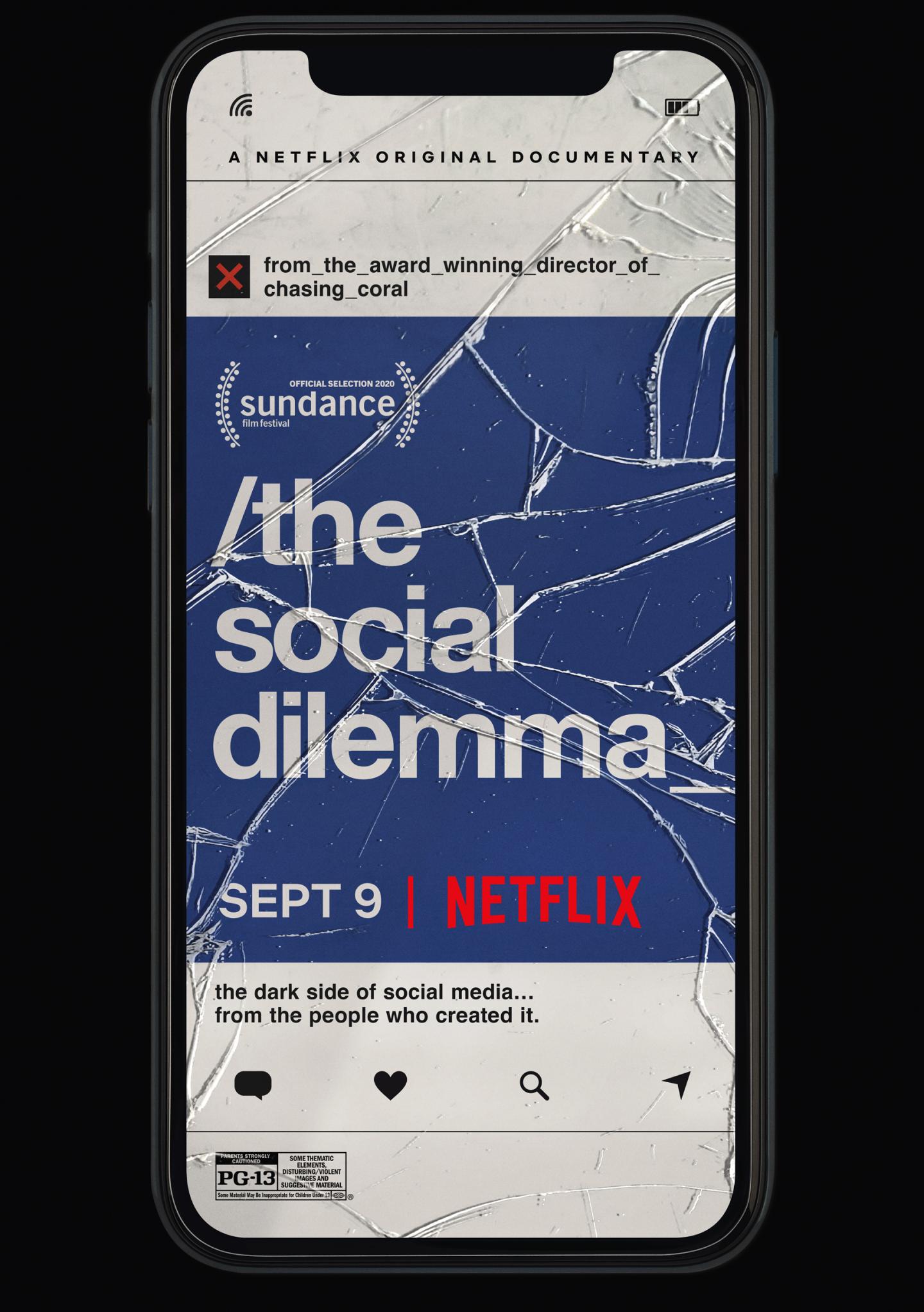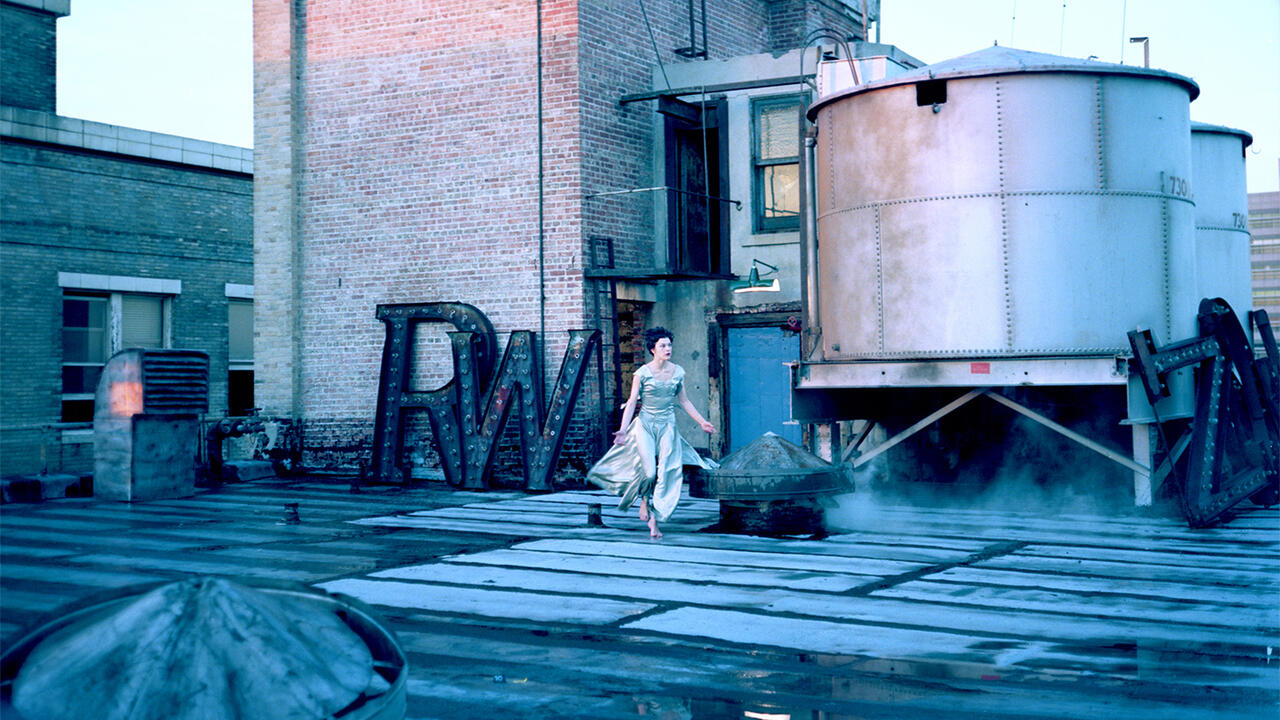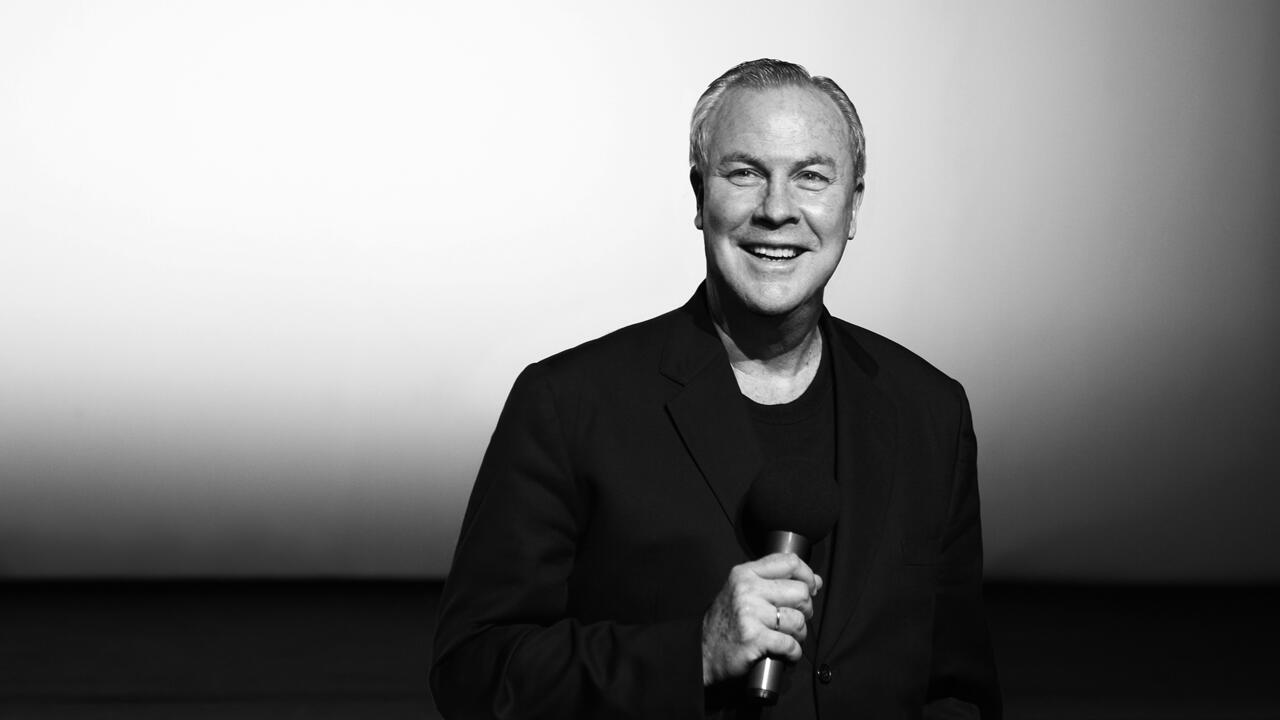‘The Social Dilemma’ Offers Fake Solutions to Real Problems
The new Netflix documentary is a distraction from the drive to regulate tech companies, including Netflix itself
The new Netflix documentary is a distraction from the drive to regulate tech companies, including Netflix itself

A new subgenre of documentary is emerging, one in which young, white, semi-retired tech workers voice their regrets for having built the digital platforms that rule our lives. In well-rehearsed paragraphs, our heroes tell similar stories. First, they dropped out of a top-tier university, usually Stanford, overeducated in computer science and undereducated in everything else. They were then hired by one of the tech companies belonging to the Pynchonian acronym, FAANG: Facebook, Amazon, Apple, Netflix and Google. While there, they worked on new features for time-wasting apps, such as the Like Button or photo tagging. For a short time, they believed their work was important, maybe even virtuous. It took years – and, one assumes, vested stock interests – before the epiphany arrived: they were wasting their lives, and perhaps destroying the world. The apps these bright young things were building were addictive, manipulative, suicide-inducing, politically polarizing and democracy-destroying. Sometimes, this was by design. More often, it was the unintended consequence of good people with even better intentions. So, our heroes quit their jobs, wrote books, got literary agents and went on speaking tours – of which the documentary is part – to lecture us dumb users about just how badly we’re screwed.

This emergent genre could be labelled ‘A Nerd’s Progress,’ but unlike Hogarth’s earthier and less fortunate rake, our heroes end up on a TED stage rather than in Bedlam. The most recent example is Netflix’s The Social Dilemma (2020), a poorly made 90 minutes of techie confessionals and ham-fisted re-enactments. It grafts elements of Frontline’s depressing tech exposé, The Facebook Dilemma (2018), onto Frontline’s other depressing tech exposé, Generation Like (2014), while suturing sections of Netflix’s The Great Hack (2019) over the gaps. Microsoft’s Jaron Lanier and Harvard professor Shoshana Zuboff make appearances, as do a host of other professors, investors and highly paid consultants. Warbled throughout are fictional dramatizations of smartphone addiction as experienced by one good-looking and diverse middle-class American family, along with degradingly bad scenes involving a social media algorithm played by Vincent Kartheiser of Mad Men (2007-15). The result is a grim admixture of tech whistleblowers, suicidal teens, Russian trolls, lonely users, and immolating democracies.
The model here could be Errol Morris’s The Fog of War (2003), in which a different high-IQ, technocratic liberal – former US Secretary of Defense Robert S. McNamara – confesses to war crimes as part of a bizarre gambit for sympathy. The Social Dilemma is likewise packed with self-serving autobiographies, hedged confessionals and sleight-of-hand disavowals. Tristan Harris, The Social Dilemma’s star geek, is a master at all three, while also being an actual prestidigitator. After making a coin disappear for the camera, he explains that magicians ‘were almost like the first neuroscientists and psychologists’ to exploit vulnerabilities in the human brain. In addition to being untrue, this is probably the most depressing description of a magic show on record. For Harris, though, it’s exciting to reduce the brain to a Stone Age processor. If the brain was evolved for hunter gatherers and not smartphone users, Silicon Valley programmers can’t help but exploit their users’ cognitive flaws.

The reformed tech workers of The Social Dilemma offer little more than behaviorist mind hacks wrapped in neuroscientific jargon. ‘Not a day goes by when I don’t remind my kids about dopamine deficit states,’ Stanford addiction expert, Anna Lembke, proudly tells us. Nudges, design patterns and so-called ‘ethical apps’ are on offer because they don’t change the fundamental balance of power between the engineers and their clueless users. Like Lembke’s children, the only way users will apparently stop destroying themselves is to be reminded daily of their mental deficiencies.
This would be frightening if it weren’t for the fact that no one in The Social Dilemma, filmmakers included, is interested in fixing anything. The film’s solution segment is a literal afterthought, part of which runs alongside the closing credits like a blooper reel. For all of three minutes, Lanier, Zuboff, Harris and the other interviewees do some big-think spit-balling, suggesting we download various anti-distraction Chrome extensions and finally delete Facebook. (Never mind that we already could do both of these things, and therefore neither counts as a solution.) When they run out of tech-based non-solutions, they solemnly propose government regulations, ‘realign[ing] financial incentives’ or taxing data collection – all of which seem wistful at best. No one in the film seems aware that neoliberalism purged the US government’s will to tax and regulate about 30 years ago, and that both Democrats and Republicans are heavily funded by the very industries they are being asked to rein in. For its own sake, Netflix has also been accused of trying to addict its customers’ children, and the platform runs on economic principles similar to the other members of FAANG.

Like grifters who find God, our interviewees have only substituted one con for another. Their job is to restrict our options to gradual and superficial reforms that are relatively harmless to the industry. No one brings up Europe’s admittedly flawed privacy laws and antitrust lawsuits, nor more radical solutions like platform cooperatives. It doesn't occur to the filmmakers that social media, though a serious problem, may not be primarily responsible for democracy's decline. We are left instead with Lanier, who, in his concluding remarks to the camera, reminds us that ‘It’s my world. It’s my community… I don’t want to do any harm to Google or Facebook.’ Therein lies the problem.
Main image: The Social Dilemma, 2020, film still. Courtesy: Exposure Labs/Netflix





















